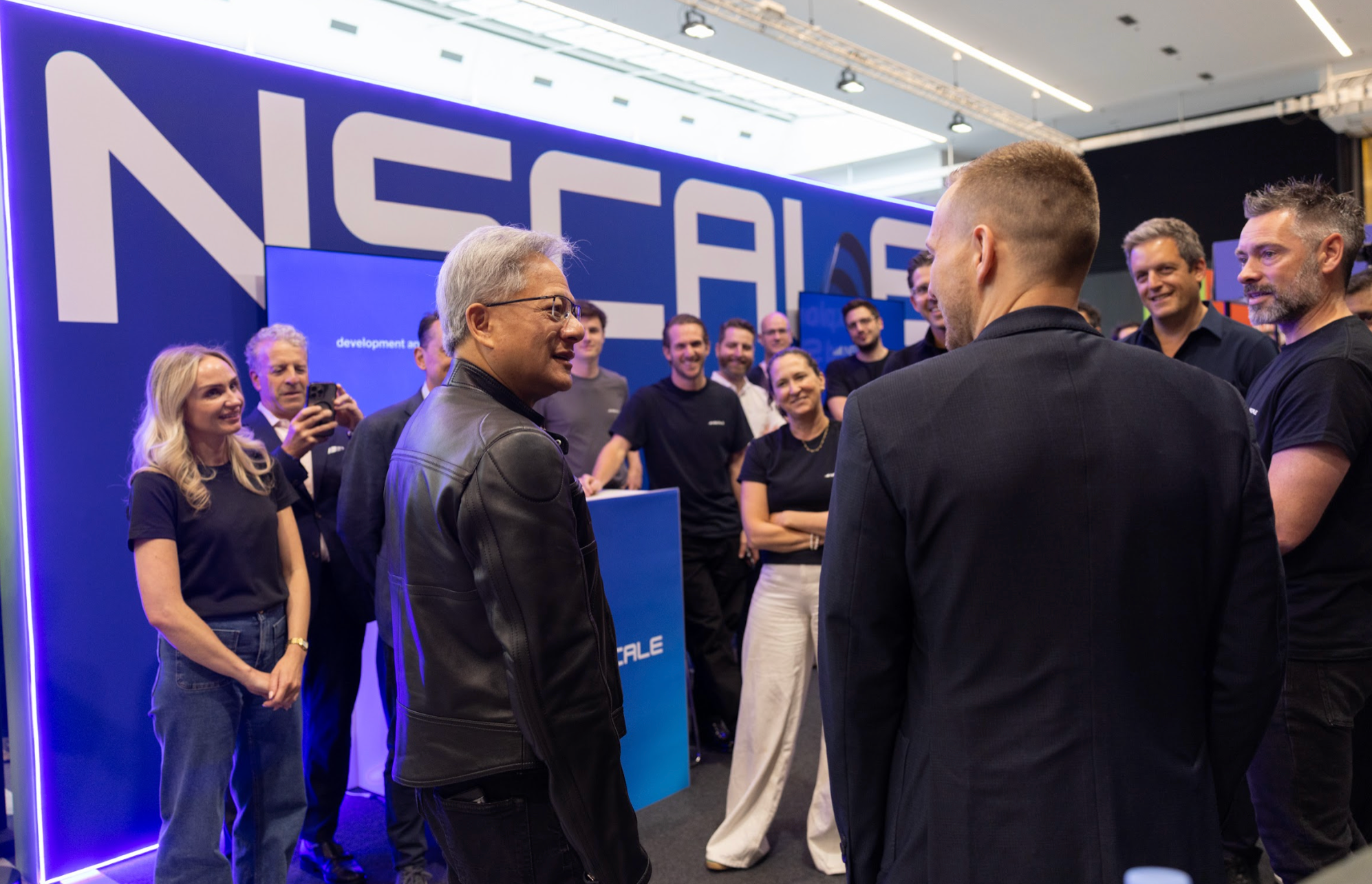Getting in front of venture capital investors to make a pitch isn’t easy for founders. Some send out cold emails to make that first contact, others look desperately for people to give them warm introductions.
But Sarah Welsh, the cofounder of condom brand Hanx, says she took the unorthodox approach of using Twitter to contact investors, starting to direct message them to make her pitch — “We slid into their DMs,” she says.
This is just one piece of advice in Dough Stories, fintech Soldo’s brand-new online video series centred around an informal chat between founders over pizza.
The series attempts to bring visibility and honesty to difficult subjects, trying to help founders make smarter decisions when it comes to raising and spending company dough.
Guests include Rob O’Donovan, cofounder of HR software company CharlieHR; Jeff Lynn, cofounder of equity crowdfunding platform Seedrs; Luke Lang, cofounder of fellow crowdfunding platform Crowdcube; and founder of fintech consultancy 11:FS David Brear.
Great time for Europe
It’s boom-time for the European startup ecosystem with more money available for tech startups than ever before. In the first nine months of 2019, European (excluding Israeli) startups raised a record-breaking €25bn.
However, the battle begins rather than ends with raising dough. The Soldo videos offer a rare opportunity to witness frank conversations between founders about successfully raising the next round, the everyday challenges of running a business and the nuances of managing the flow of company money alongside the trajectory of company growth.
In the series, founders are candid about the anxieties that come with running a startup, knowing that they will have to raise money soon.
Gemma Young, founder of proptech startup Homecode, says: “Resilience is so important and early on, every time you do not get that excitement that you have shared it can get very disheartening.”
Others say raising money can be a helpful metric. Office food platform Feedr's Lyz Swanton says: “Raising does help us critically evaluate where the highest points of value are in our business and brings us new ideas.”
In the series, guests are strategically matched in order to foster engaging discussions surrounding common experiences and interests, offset by the diversity of their business models and approaches to raising and spending.
For example, there is a telling disagreement between Rob O’Donovan (CharlieHR) and Jeff Lynn (Seedrs) about whether it is better to stick to dollar domination on graphs for pitch decks or convert to the currency used by each investor.
One thing they did agree on is to think of your pitch deck as a tease, show just enough to draw people in but not too much to give it all away.
Surprise
The format of the series, where the surprise questions for the founders were hidden under pizza slices, was designed to create an organic flow of conversation. The aim of Dough Stories is not only to be educational to other founders and business leaders, but also facilitate a wider, open conversation about the often taboo subject of money, and how founders raise and spend it to build companies.
This will also be discussed in Soldo’s Dough Dinners series taking place across the country over the coming months.
The insights offered in the videos will be utilised to foster a candid debate amongst founders, with assertions such as Jeff Lynn’s (Seedrs) that “the typical exit slide does not add value" and Charles Armitage’s (cofounder of nurse and carer recruitment marketplace Florence) question — “how do you control an engine which has to spend to survive?” — set to be Dough Dinner talking points.
Away from the cameras, the founders of the Dough Dinner series hope to foster a sense of community, with each dinner inspired by a different video within the series.
Taking place in London, Bristol, Cambridge, Birmingham, Bristol, Manchester, Liverpool and Dublin, the Dough Dinners emblemise Soldo’s determination to stimulate an ongoing conversation about raising and spending dough, addressing tough questions about pitching a business, the brutality of the raising process and female representation, among other topics.




